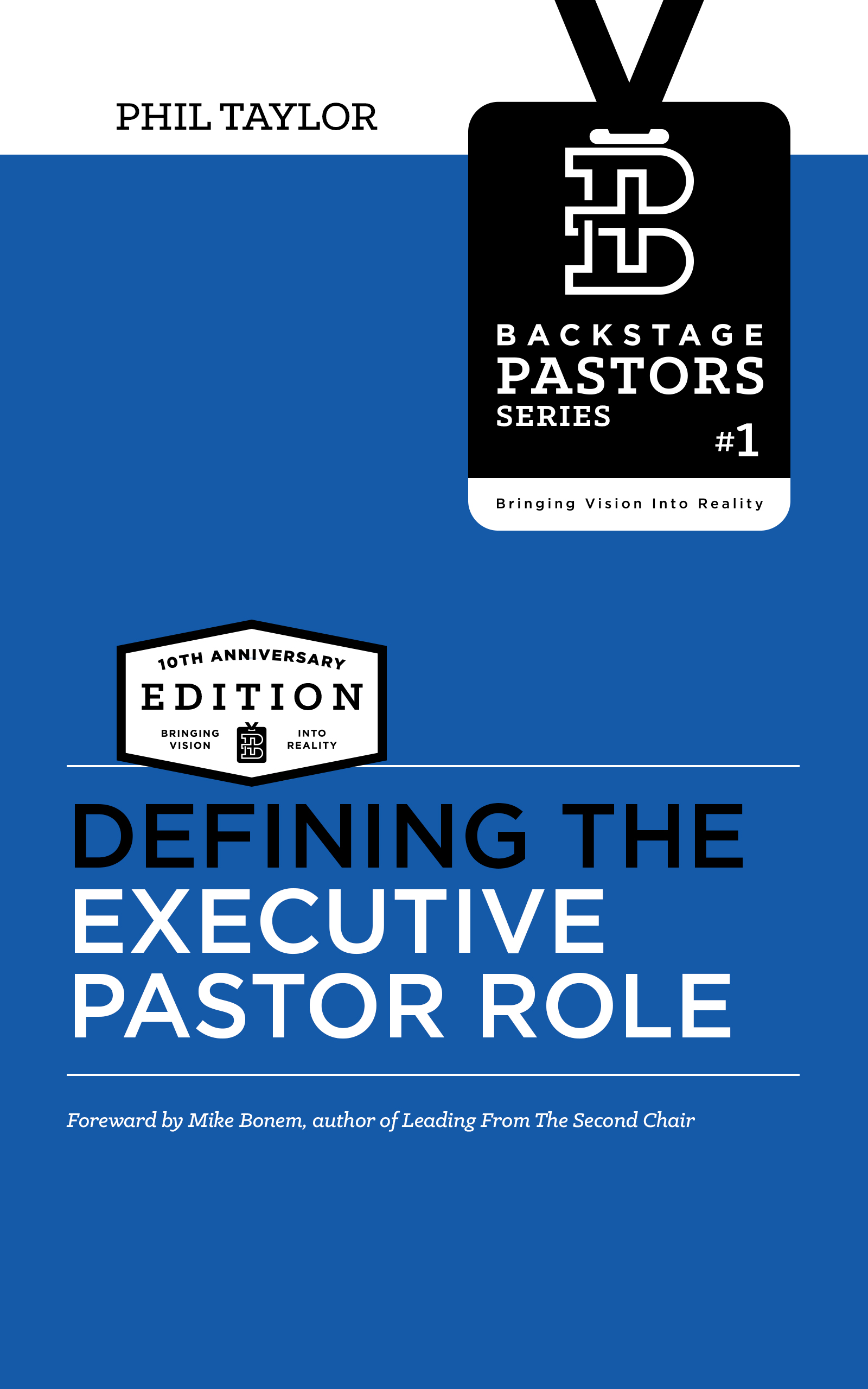
Let me just say this plainly. The hiring process costs a lot whether you do it in house or through a search firm. You’ll spend a ton of time emailing people, reading resume’s, doing research on potential candidates, fielding and gently rejecting guys that are not the right fit, discussing potential candidates with others, doing phone interviews, checking references, flying guys in, having dinner, showing them around, etc. etc. etc. It takes a lot of time, and generally, the list of guys on your team that can step into this kind of work will be very short and will make their already busy schedules even busier. So, should you just hire a search firm? Maybe. Maybe not. Here are a four things to consider at your church.
A few years ago, I was hiring a new Worship Pastor at our church and we decided not to work with a search firm. Here is why.
1. We had time. Decide how much bandwidth you and your staff can honestly put into a search. It just so happened that we had a guy that we were starting to pull into strategic projects and realized that he was uniquely suited to help with assessing potential worship pastor candidates. He did a lot of the work a search firm might have done. We were paying him already, so it made sense to leverage some of his free time. I had a small amount of time to give to the search by providing direction to him as well as creating the job description and pulling candidate names from my network of pastoral friends.
2. We had contacts. Look for the low-hanging fruit. A lot can be accomplished with a simple email that directs people to a job description. Many of our staff reached out to their contacts. We are a part of a great network. (Acts 29). It’s a brotherhood. We help each other a lot. So, it made sense that the first place we would turn would be other worship pastors in the network. Not to recruit them but to ask if they knew of anyone we should talk to. Fairly quickly, we had a short list of guys to pursue. Most of those guys fell through for one reason or another. But one of them worked out great and we hired him. If I had gone straight to a search firm, I would have spent a lot of money. We got our guy through a simple email to a friend in ministry. It doesn’t always work out that well, but this time it did.
It’s worth noting that if the guy we hired had not worked out, I had already interviewed several search firms and was ready to hire a consultant if needed because we were reaching the end of our contact list. We didn’t want to engage in all sorts of research seeking out guys around the country, but we didn’t mind blasting out some emails to friends, just to see if anyone knew someone we should talk to.
3. We were limited on funds. Search consultants are not cheap. A rule of thumb is that they will charge you a fee equal to roughly one third of one years salary for the person you hire. Now, I know all the wisdom on how much a bad hire actually costs you, and why a search firm can actually save you money when considering the total costs involved in hiring the wrong guy for a key role. I get that. But when looking at number 1 and 2 above, and considering that we were also engaged in a major building project that was also crying for funds, this felt like one we could first try to handle on our own for a couple months knowing that if we hit a brick wall, we could always bite the bullet and hire a search firm if needed.
4. We knew our needs. Understanding your needs is half the work of a consultant. The first thing a search consultant is going to do when you hire them is fly to your church, spend a weekend with you and and ask you a million questions. Out of that, he will put together a job description, church prospectus, and loads of other information in a very pretty presentation to use with potential candidates. Search guys tell me that most churches don’t know who they are or what they want or need. They help you figure that out before they ever call a candidate on your behalf. We have a pretty strong understanding of our culture in the church and outside. We have a good handle on our strengths and weaknesses. We didn’t need to pay a guy to put that on paper for us.
In the end, we hired a guy from inside our network who was serving in a secondary role at very large church. We took a chance on him.









